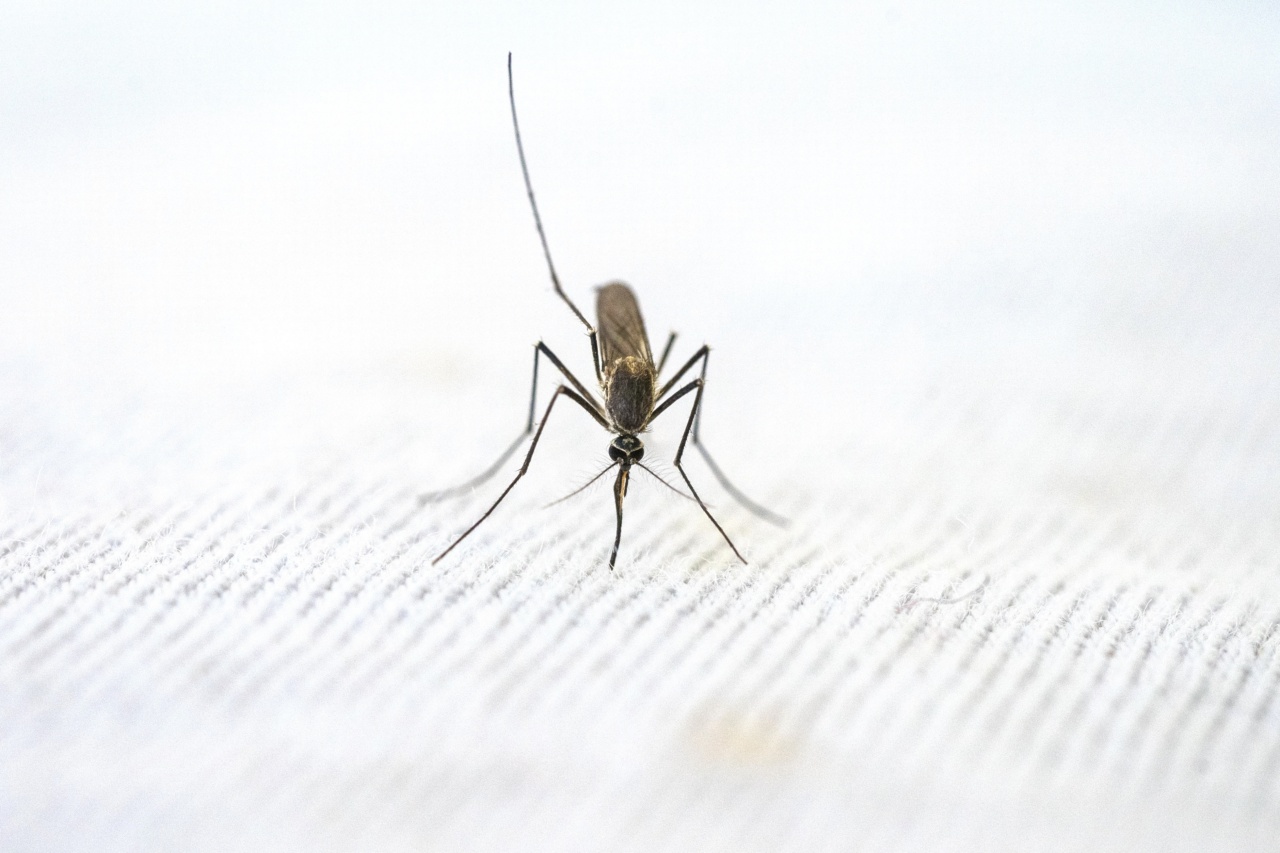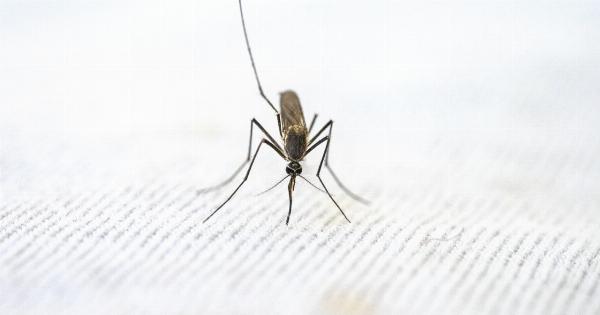Malaria is a life-threatening disease caused by the Plasmodium parasite that is transmitted to humans through the bites of infected female Anopheles mosquitoes.
It is common in tropical and subtropical regions, particularly in Sub-Saharan Africa, where it is responsible for 90% of all malaria deaths worldwide. According to the World Health Organization, there were an estimated 229 million cases of malaria and 409,000 deaths from the disease in 2019.
Current Strategies for Malaria Control
Existing interventions for malaria control include the use of insecticide-treated bed nets, indoor residual spraying of insecticides, and antimalarial drugs for prevention and treatment.
However, these strategies have limitations, such as the development of insecticide resistance and drug resistance, high costs, and logistical challenges in delivering these interventions to remote and hard-to-reach populations.
The Promise of Genetically Modified Mosquitoes
One innovative approach to malaria control is the use of genetically modified mosquitoes. The idea is to introduce genetic changes into the mosquito population that would prevent them from transmitting the Plasmodium parasite to humans.
This could be done through the introduction of a gene that would produce a protein that kills the parasite at an early stage of development, such as in the mosquito’s gut.
One company that is pursuing this approach is Oxitec, a British biotech firm that has developed genetically modified male mosquitoes that are designed to mate with wild female mosquitoes.
The offspring of these matings would inherit a gene that would prevent them from surviving to adulthood, thus reducing the mosquito population and the transmission of malaria. Oxitec has conducted field trials of its genetically modified mosquitoes in Brazil, Panama, and the Cayman Islands, with promising results.
The Success of the Oxitec Trials
In the trials in Brazil, Oxitec released millions of genetically modified male mosquitoes in several neighborhoods in the city of Juazeiro, in the northeastern state of Bahia.
The trials showed that the release of the genetically modified mosquitoes led to a significant reduction in the number of wild Aedes aegypti mosquitoes, which are the primary vector for dengue, Zika, and chikungunya viruses, as well as yellow fever. The trials also showed that there was no significant impact on the quality of life of the residents of the neighborhoods where the mosquitoes were released.
The success of the trials in Brazil led to the approval of Oxitec’s genetically modified mosquitoes by the Brazilian regulatory authorities in 2020. The company has also conducted trials in Panama and the Cayman Islands, with similar results.
In Panama, the release of Oxitec’s genetically modified mosquitoes led to a 95% reduction in the population of Aedes aegypti mosquitoes in one neighborhood, while in the Cayman Islands, the release of the genetically modified mosquitoes led to a 96% reduction in the number of Aedes aegypti mosquitoes.
The Potential of Genetically Modified Mosquitoes for Malaria Control
The success of Oxitec’s trials of genetically modified mosquitoes for the control of dengue, Zika, and chikungunya viruses has raised the prospect of using this approach for malaria control as well.
However, there are several challenges that must be addressed before this can become a reality.
Challenges in Using Genetically Modified Mosquitoes for Malaria Control
One challenge is the cost of producing and releasing genetically modified mosquitoes on a large scale.
This is particularly a concern for malaria control, as the Anopheles mosquito has a much longer lifespan than the Aedes aegypti mosquito, which means that a large number of genetically modified mosquitoes would need to be released over an extended period to have an impact on malaria transmission.
Another challenge is the need for community engagement and consent for the use of genetically modified mosquitoes.
The release of genetically modified organisms into the environment raises ethical and social issues that must be addressed through open and transparent communication with the affected communities.
Finally, there is a risk that the Plasmodium parasite could evolve or adapt to overcome the genetic changes in the mosquito population, rendering the genetically modified mosquitoes ineffective over time.
This underscores the importance of continued innovation and research in malaria control strategies.
The Future of Malaria Control
Malaria continues to be a major public health challenge, particularly in Sub-Saharan Africa.
The use of genetically modified mosquitoes for malaria control is a promising approach that has shown success in field trials for the control of other mosquito-borne diseases, such as dengue, Zika, and chikungunya viruses. However, there are several challenges to be addressed before this approach can be scaled up for malaria control, such as the cost of production and release, community engagement and consent, and the risk of parasite adaptation.
Nevertheless, the success of Oxitec’s trials of genetically modified mosquitoes for the control of dengue, Zika, and chikungunya viruses suggests that this approach has great potential for malaria control.
Continued investment in research and innovation in malaria control strategies, including the use of genetically modified mosquitoes, will be essential to the goal of eradicating malaria worldwide.




























